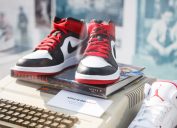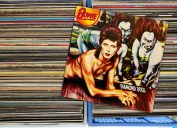23 Hilarious Things People Failed to Trademark
From the word "the" to the sound of a can opening...
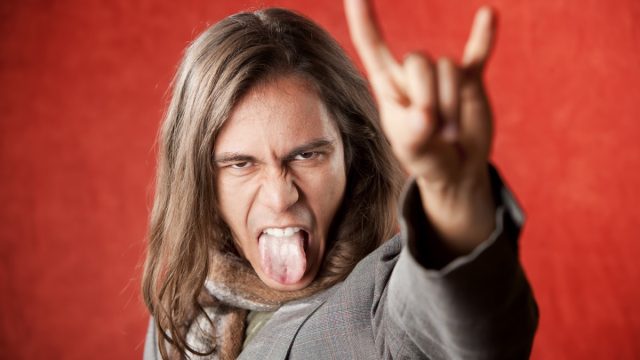
People love filing trademarks. The World Intellectual Property Organization estimates that, in 2016 alone, a staggering 7 million trademark applications were filed. But not every trademark application automatically gets a rubber stamp. For example, if you tried to use McDonald's' classic golden arches for your own purposes, well, you'd best prepare to get slammed with a serious lawsuit (and a hefty fine). But if you tried to use McDonald's' other famous indicator (the prefix "Mc"), you'd be well within your rights. Despite bottomless legal resources, the fast food giant failed to secure a trademark for those two little letters—and that's just one of many high-profile cases.
Read on for deeper details about that tale and 24 more hilarious instances of patent problems. These are the biggest fails in trademark history.
1
The smell of strawberries
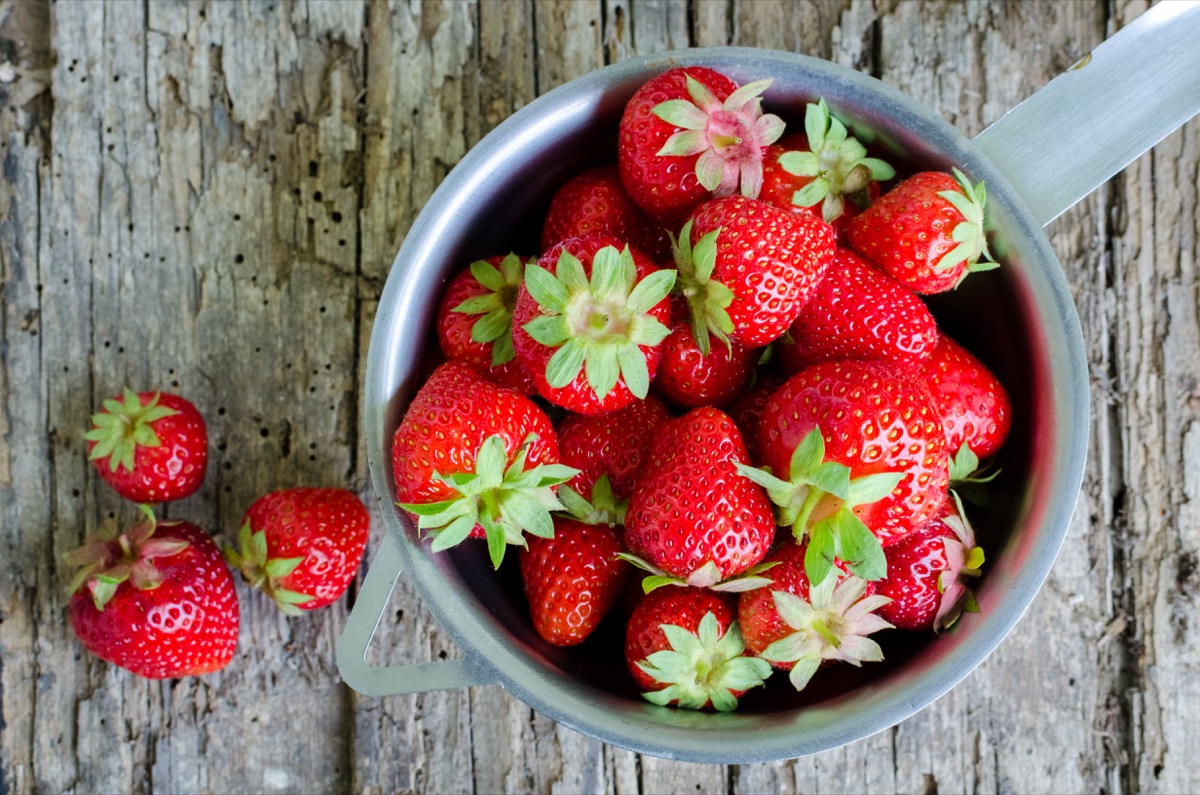
French-based company Eden Sarl sought to trademark the fresh smell of strawberries in 2005 so that they could have sole usage of the smell in soaps, face creams, stationery, leather goods, and clothing. However, on the basis that strawberries don't have just one scent—considering various varieties and levels of ripeness—the company was denied by the European Union's trademark agency, as well as its highest court.
2
The word "the"
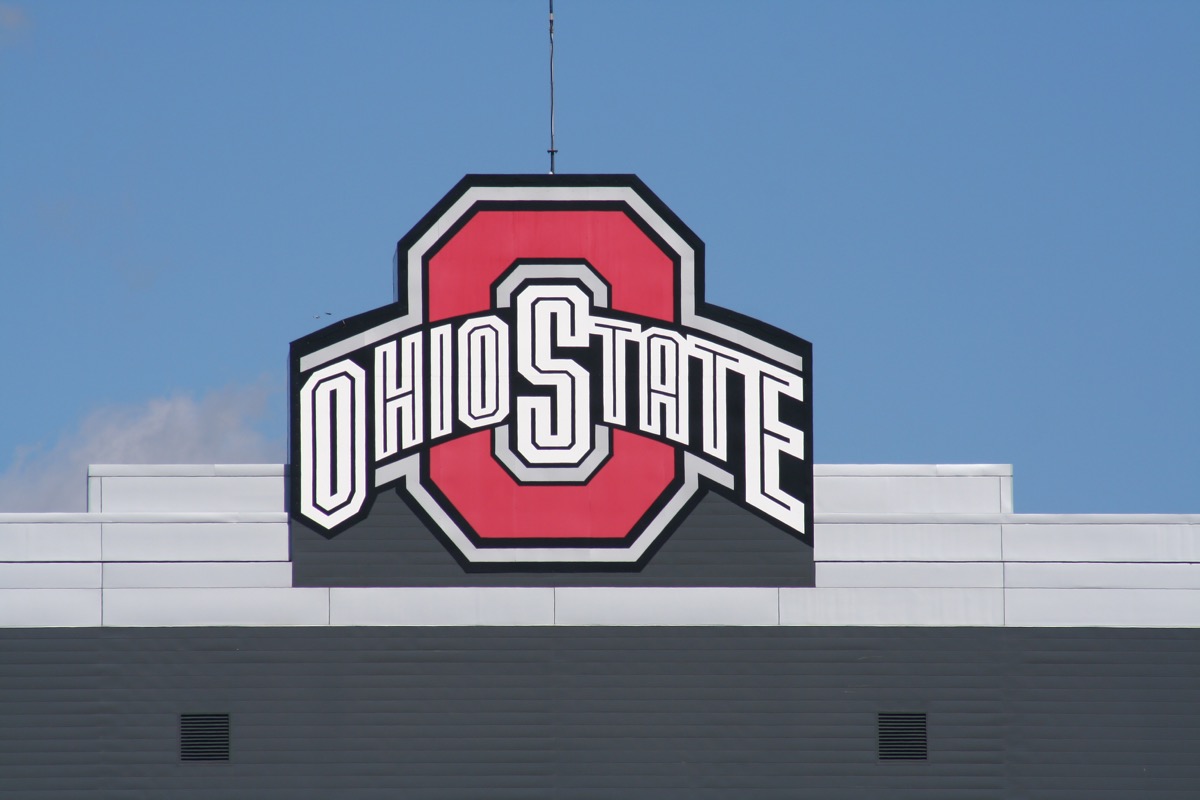
One of the more recent soon-to-be failed trademark attempts was filed by Ohio State University earlier in 2019. Their proposed trademark? The word "the." The university filed with the U.S. Patent and Trademark Office (USPTO) in August in an attempt to trademark the word in order to sell merchandise with the university's full name exclusively. While the trademark hasn't technically failed yet (though many expect it will), the Ohio State University has sure been relentlessly mocked on social media for the move.
3
The sound of a motorcycle
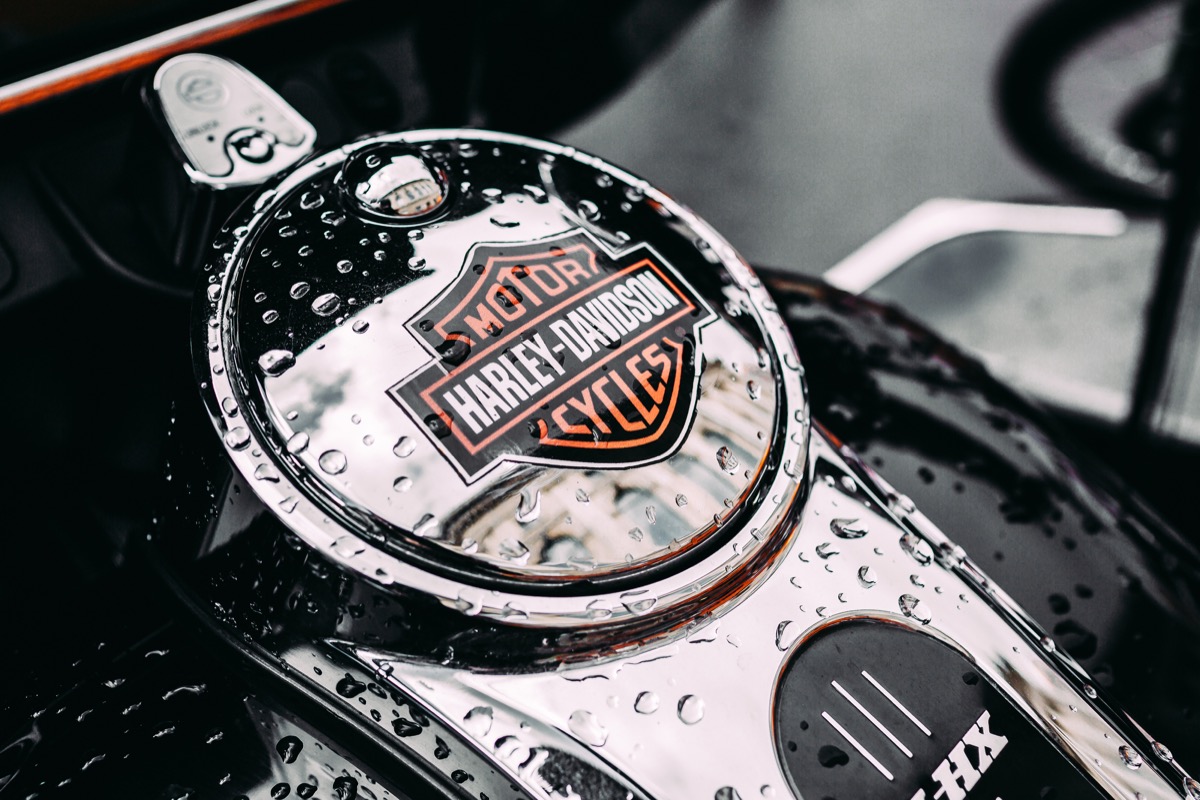
Is the sound of a motorcycle distinguishable enough to be worthy of a trademark? Harley-Davidson sure thought so. The motorcycle company filed a trademark application in 1994 for the insane roar their motorcycles make. But, after a costly road to nowhere, they dropped their claim in 2000. It was a good choice, considering that, out of 730,000 active trademarks as of 1998, only 23 had been issued to protect a sound, according to the Los Angeles Times.
4
Snooki's name
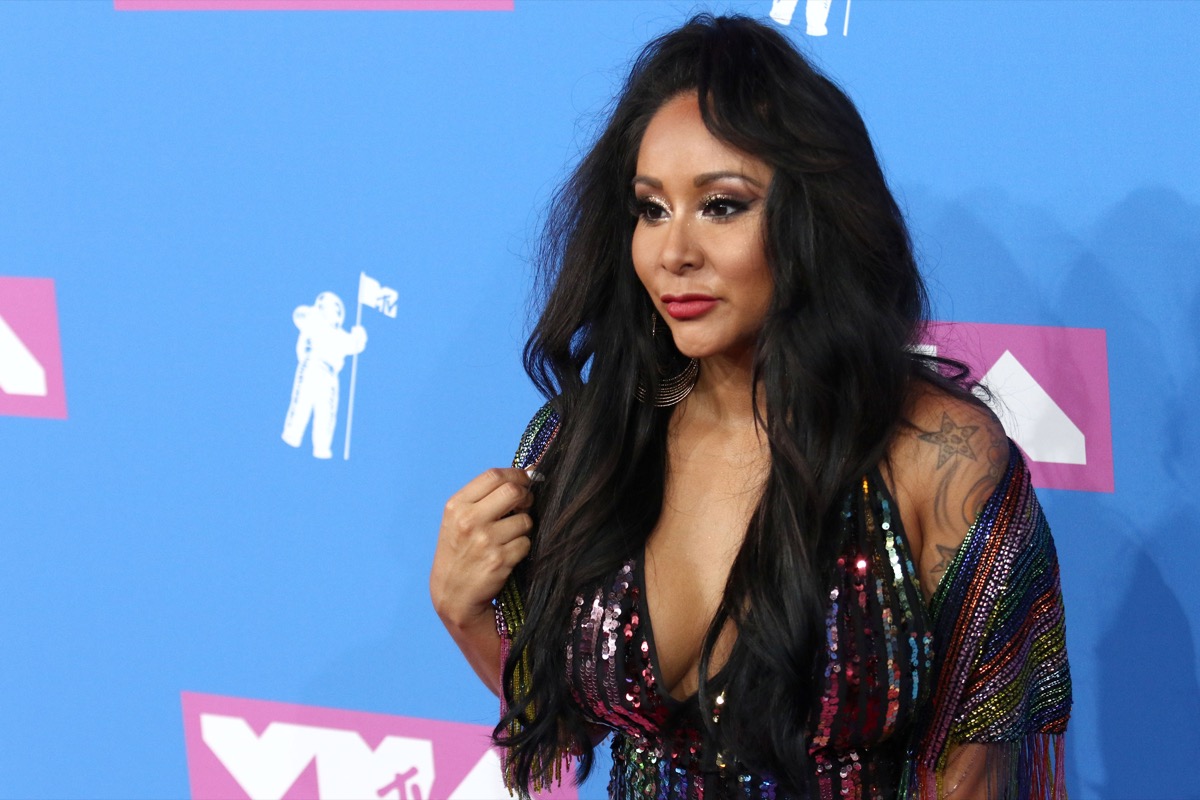
Anyone who knows Jersey Shore knows Nicole Polizzi by her more popular nickname, Snooki. But that wasn't enough for the reality TV star to get the moniker trademarked. Polizzi's attempt was overruled in 2010 due to the fact that the name was already trademarked as "Snooky" in 2004 by the publishers of a kids' book called Adventures of Snooky.
5
The Carlton Dance
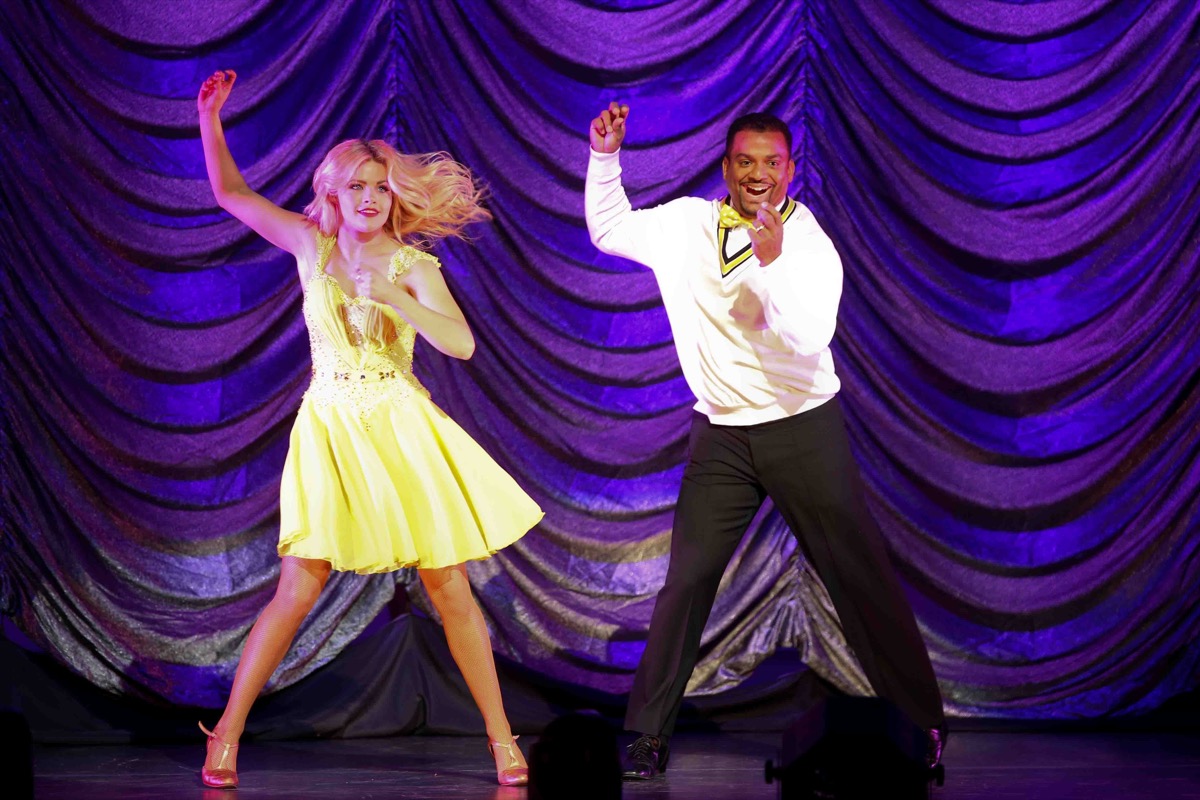
Any Fresh Prince of Bel Air fan would recognize Carlton Banks' (Alfonso Ribeiro) iconic Tom Jones-inspired dance, aptly dubbed "The Carlton" by fans. However, after the dance was included in the popular video game Fortnite, Ribeiro attempted to gain the trademark and challenge the usage. However, according to The Hollywood Reporter, his registration was rejected as "the combination of these three dance steps is a simple routine that is not registrable as a choreographic work." Ouch!
6
Subway's "Footlongs"
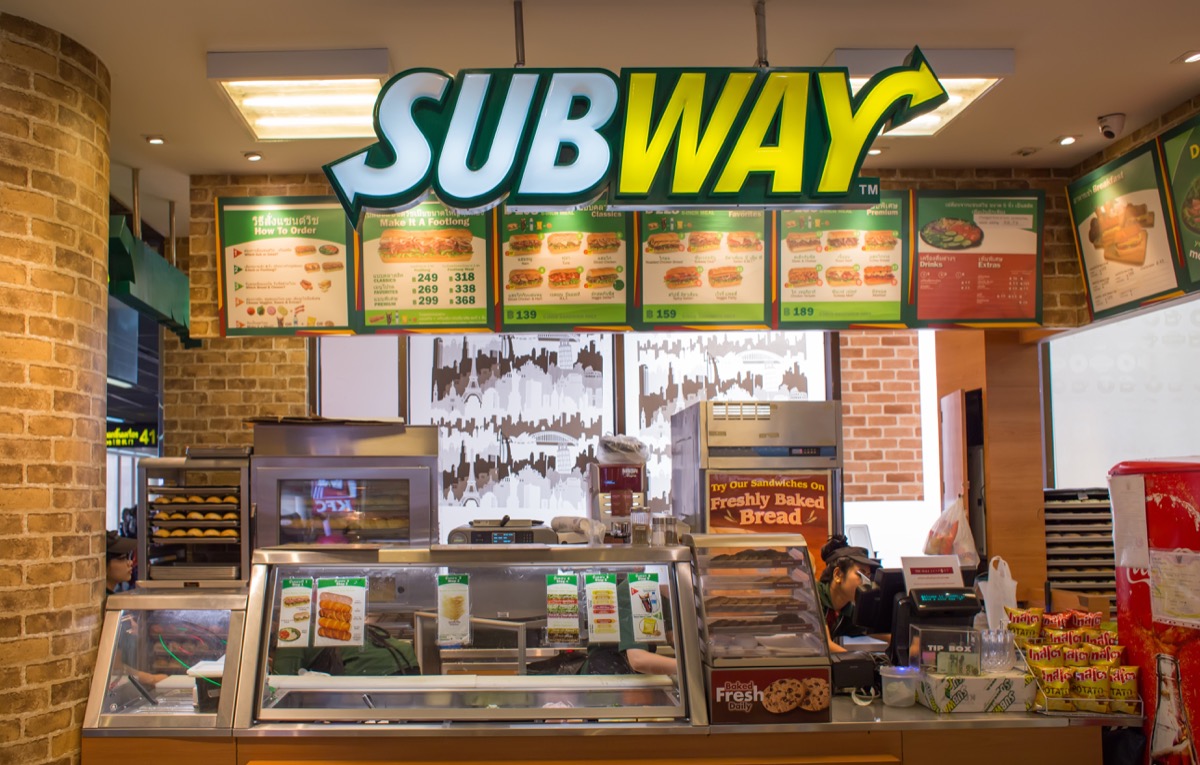
Subway is known for their iconic footlong sandwiches, and they intended to bank on it. The food chain attempted to trademark the word "footlong" in association with its sandwiches but was met with opposition by other popular chains, like Sheetz. In 2013, the trademark board sided with the opposition—stating that the term was too generic for trademark purposes.
7
The yellow smiley face
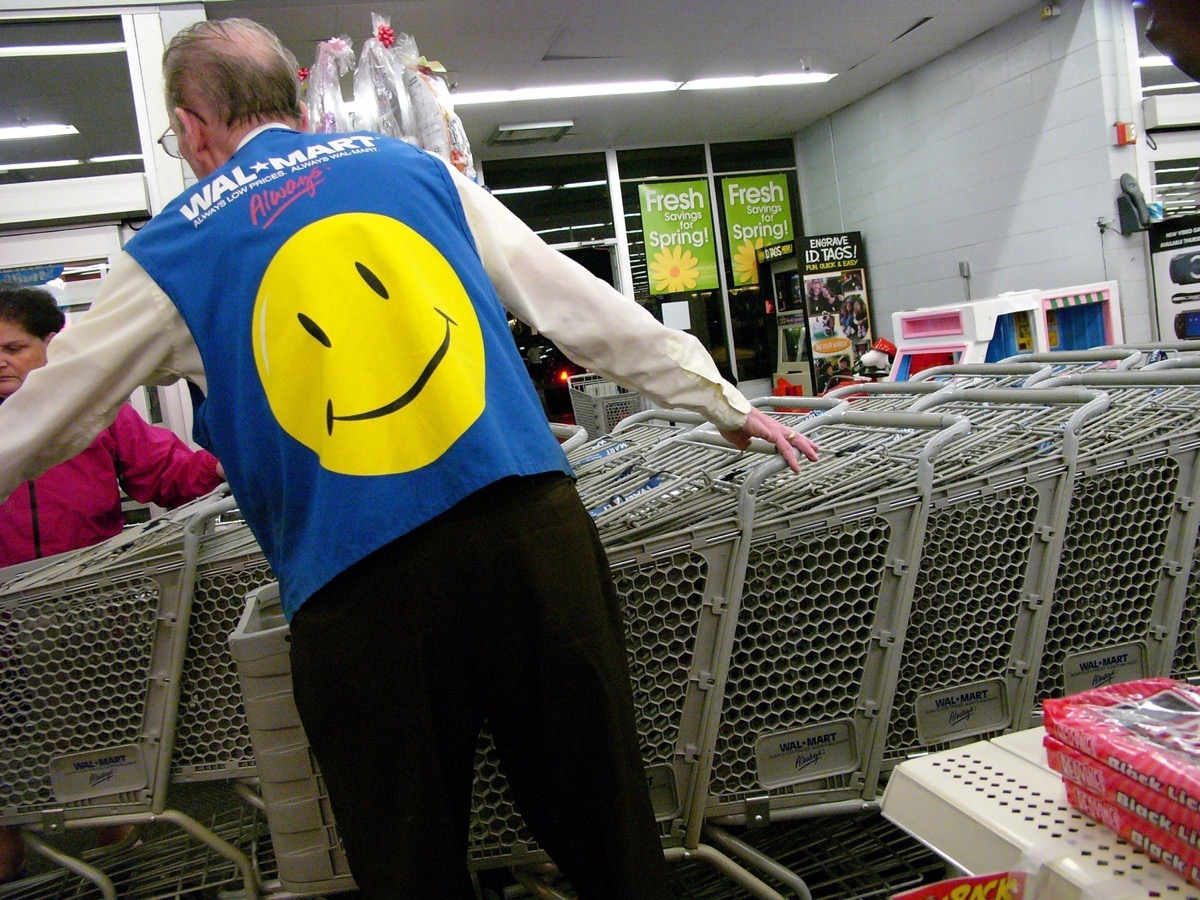
If you walked into any Walmart in the '90s, you would have been greeted with hundreds of smiley faces plastered on signs and uniforms. The old design was so popular that, in 2001, Walmart decided to attempt to trademark it, taking on a company called The Smiley Company, which was using a similar smiling logo. After a long battle over the course of a decade, the dispute settled in 2016 with both companies maintaining the right to use their respective smiley faces.
8
The word "tweet"
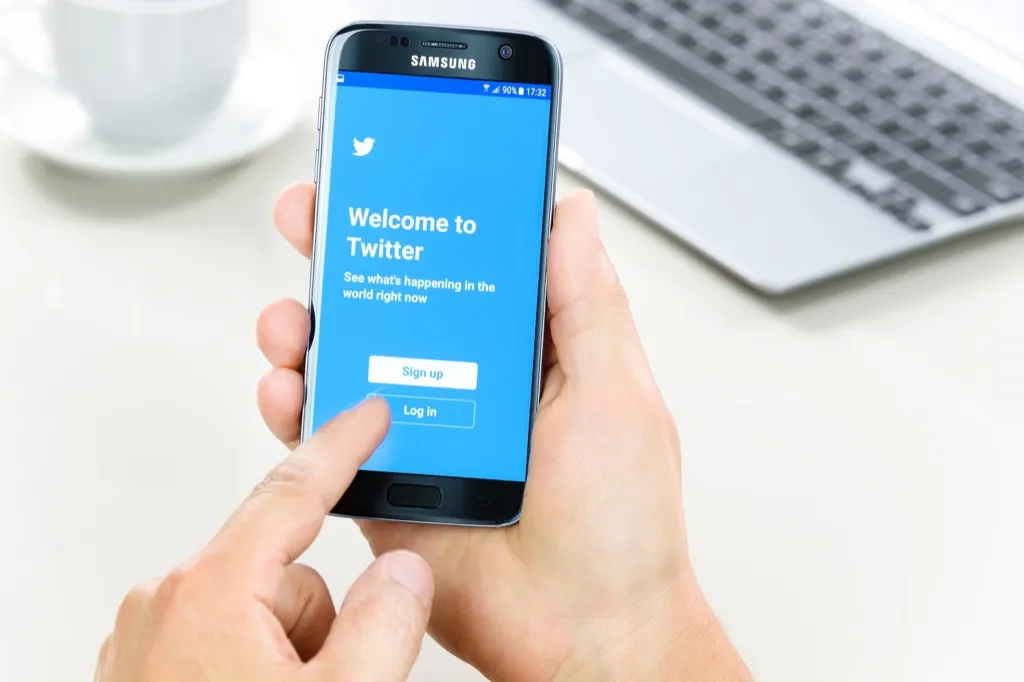
Despite only being founded in 2006, Twitter has been involved in a long and strenuous battle to obtain the trademark forthe word "tweet." The company had been attempting to secure the trademark since 2009, but were turned away because it was already owned by the third-party advertising company, Twittad. However, though not legally awarded by the board, Twitter did gain ownership after settling with Twittad for an undisclosed amount (read: a boatload of money) in 2011.
9
The sound of a can opening
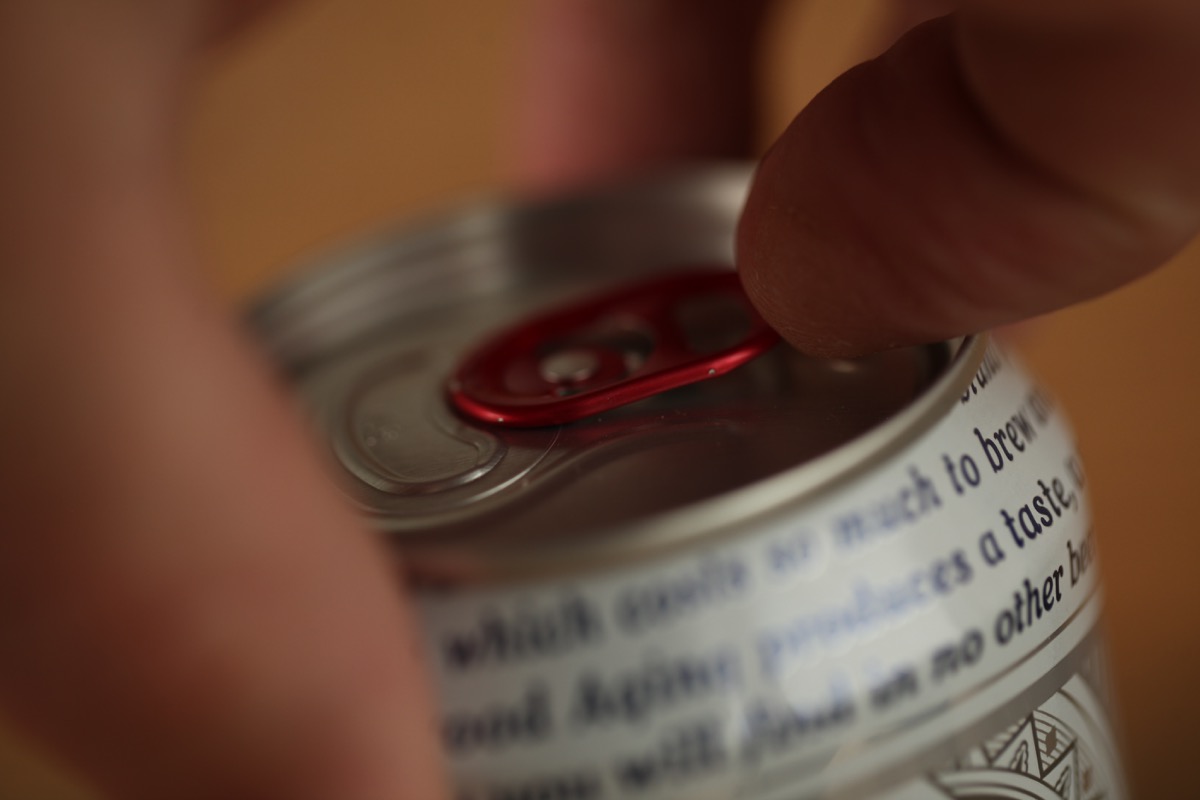
Get ready to pour a Bud out for Bud. In 2013, Budweiser's parent company, Anheuser-Busch, attempted the uphill battle of trademarking a sound, specifically the sound of a Budweiser can opening. Unsurprisingly, just like Harley-Davidson, they lost. The USPTO wasn't convinced and denied the application, stating that "the applied-for mark is not inherently distinctive because all beverage cans make a highly similar sound."
10
The "Mc" in "McDonalds"
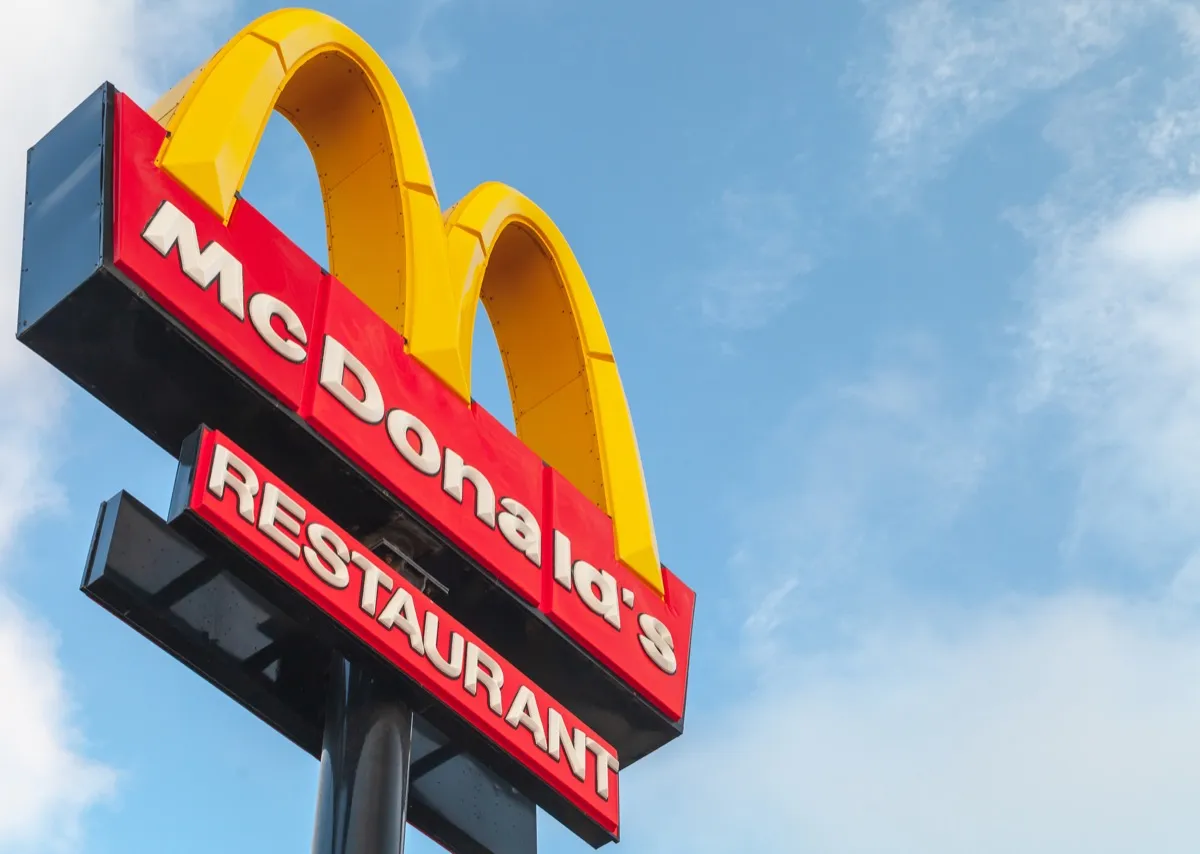
Despite using the "Mc" prefix in almost all of their products—McDouble, McGriddle, McCafé, McWhatever—McDonald's doesn't own the sole rights to these two precious letters in Europe. The "Mc" trademark was challenged in the European Union by Irish fast food chain Supermac's, and they won in 2019!
11
The "devil-horns" hand gesture
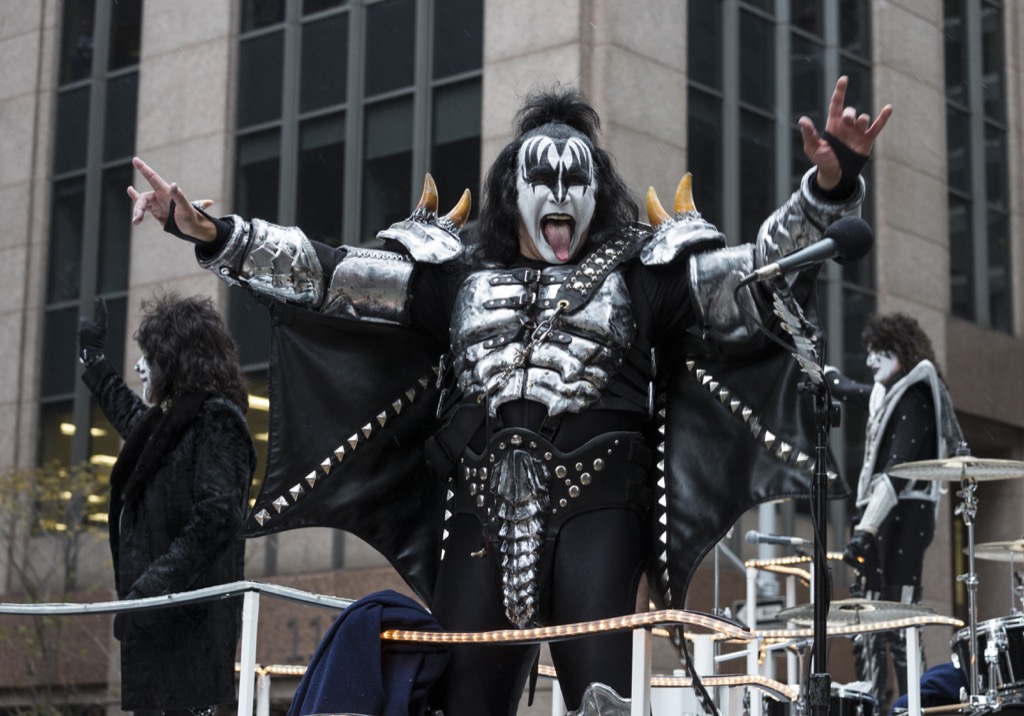
The "devil-horns" hand gesture is a universal symbol of rock 'n' roll music. But in 2017, Kiss frontman Gene Simmons decided he wanted the iconic gesture all to himself. In the least rock 'n' roll move of all time, he filed an application with the USPTO in 2017, claiming he first popularized the symbol during the band's tour in 1974. Only two weeks after filing, and after much criticism, Forbes reported that Simmons had abandoned his claim.
12
Cardi B's "okurrr"
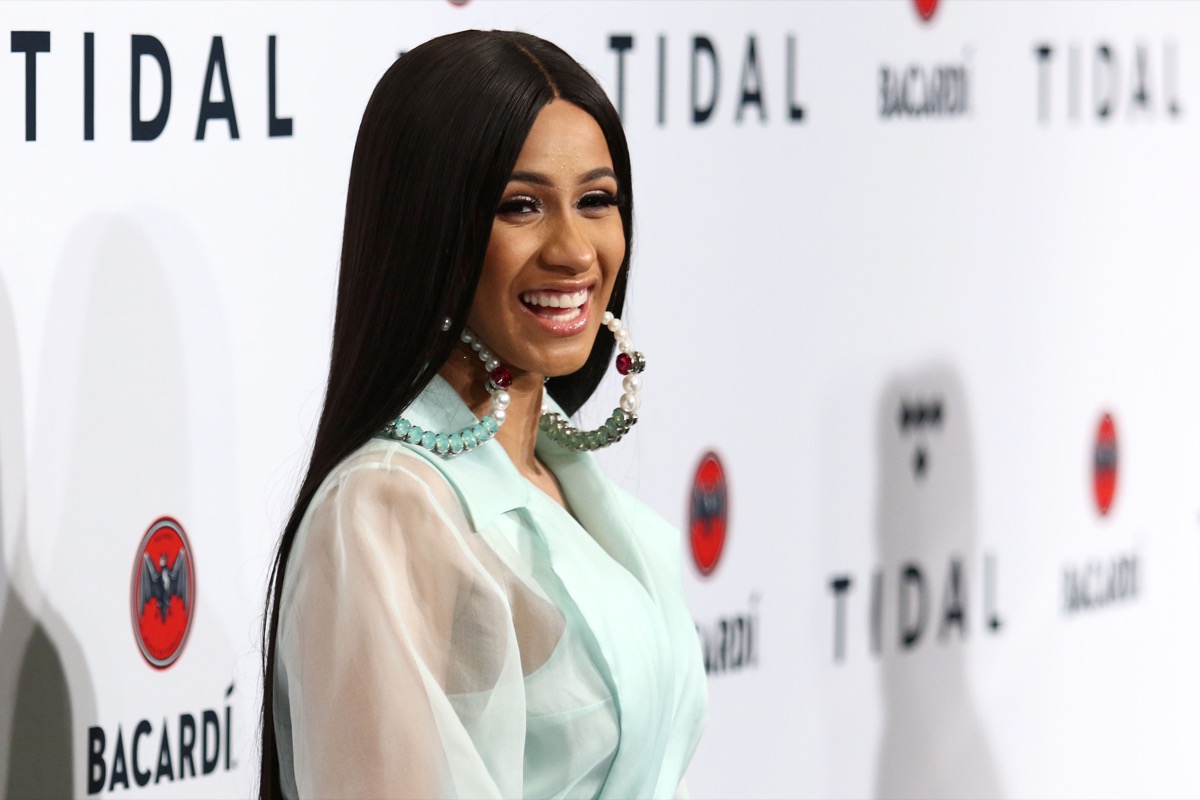
It appears Simmons wasn't the only musician vying for a trademark. Rapper Cardi B filed to trademark her iconic "okurrr" catchphrase in 2019. The phrase's registration was denied, however, on the basis that it was a "commonplace term, message, or expression widely used by a variety of sources that merely conveys an ordinary, familiar, well-recognized concept or sentiment." Sorry, Cardi.
13
Cheerios' yellow boxes
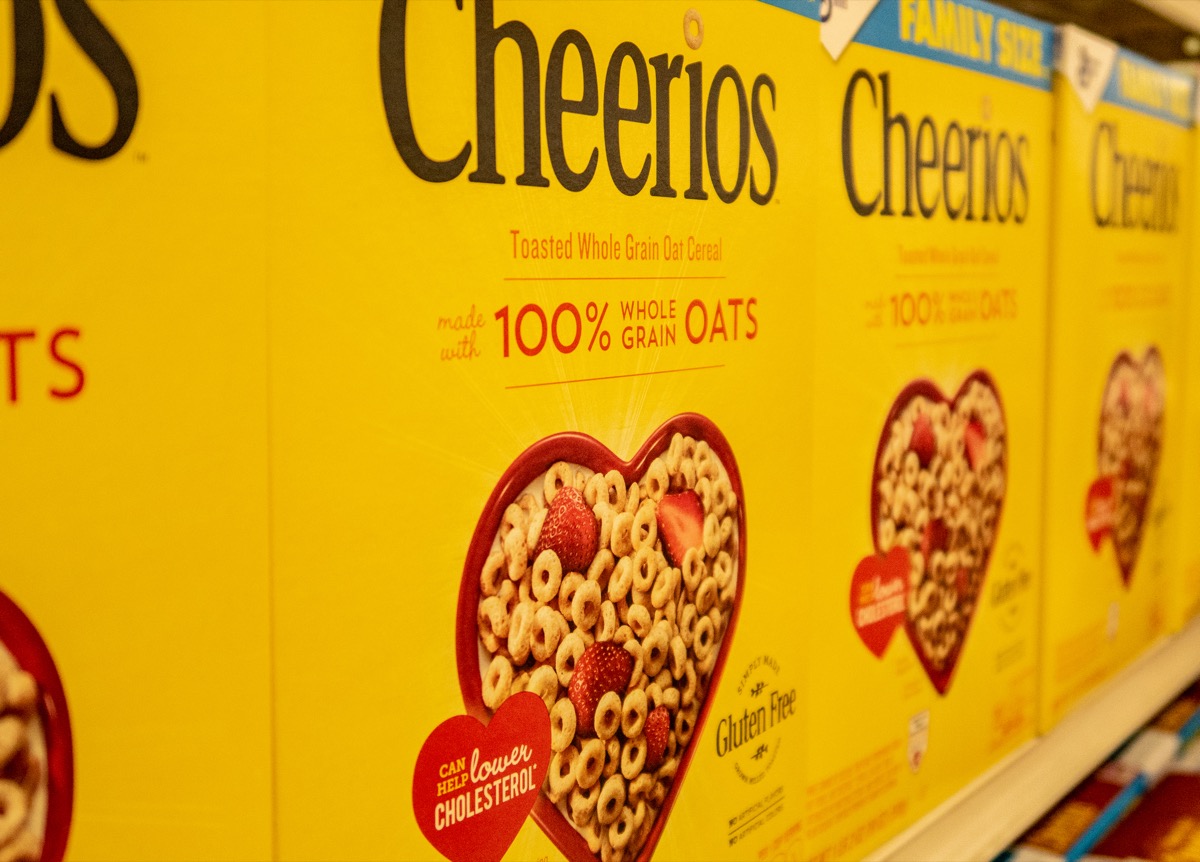
It's hard to believe a color in the rainbow could be trademarked, but that didn't stop Cheerios from trying. The cereal brand attempted to trademark their iconic yellow boxes but were turned down in 2017 due to the fact that, oh, dozens of other cereal brands use a similar yellow color for their packaging.
14
Cadbury's purple packaging
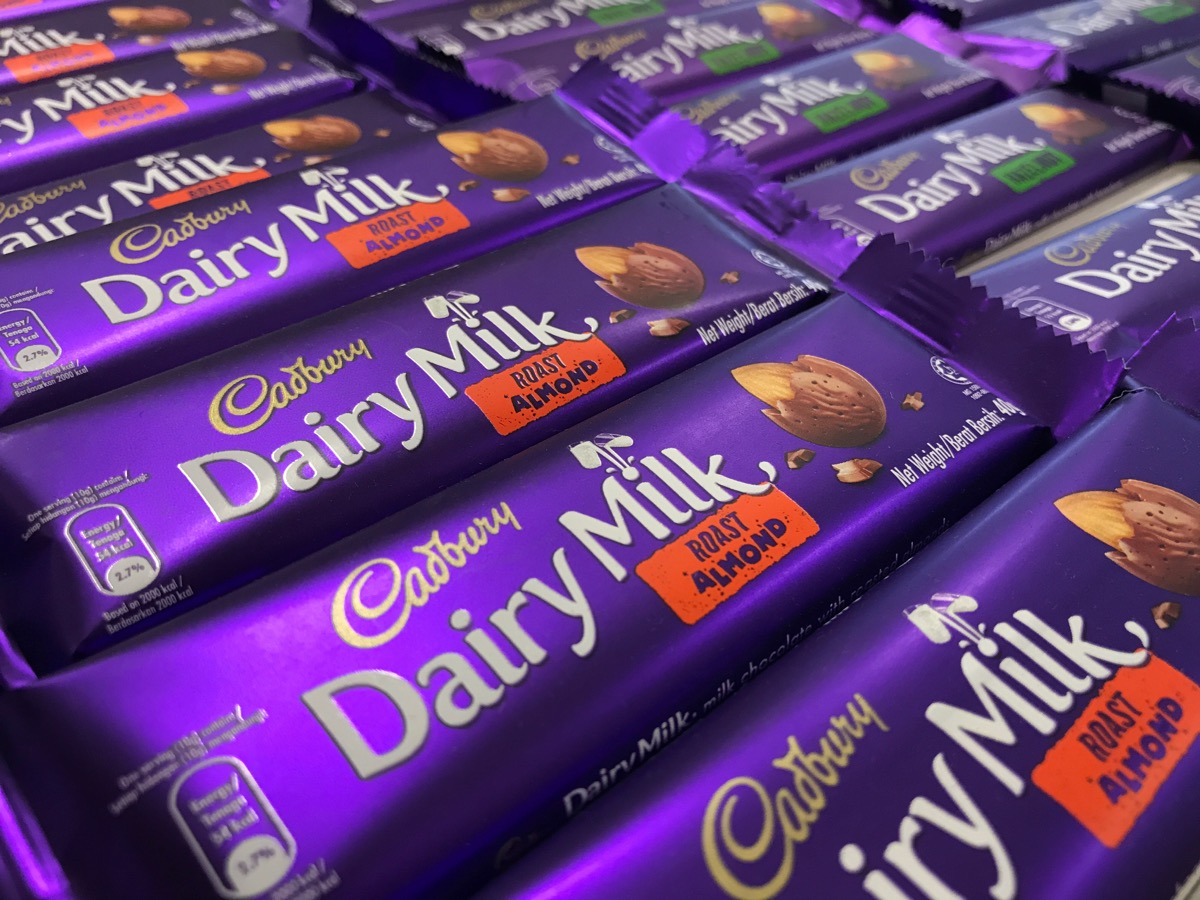
Similarly, chocolatier Cadbury wanted to trademark their one particular shade of purple: Pantone 2685C. The brand had successfully trademarked their packaging in 1995, but, after attempting to broaden the trademark to include the color of the iconic wrapper, preventing it from being used in any form elsewhere, they were struck down by the U.K.'s Court of Appeal.
15
Sony's "Let's Play!"
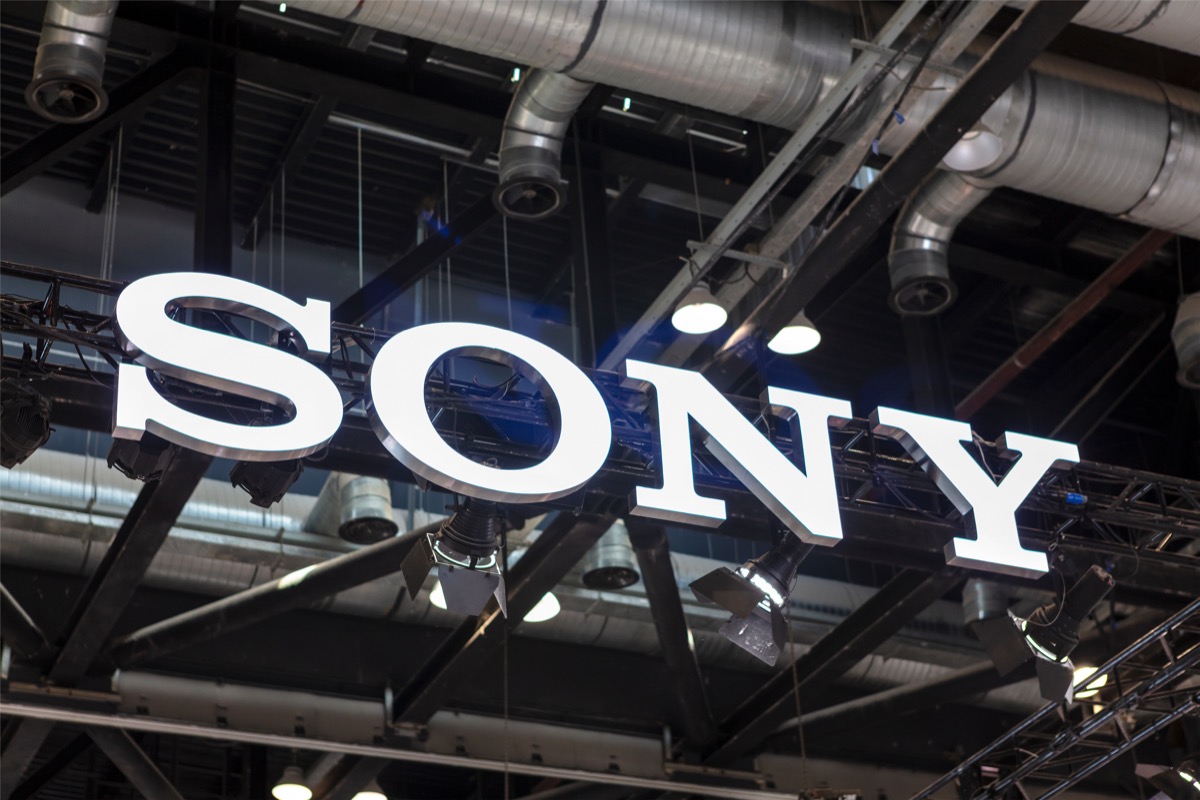
The phrase "Let's Play" has become commonplace in the YouTube gaming community—popularized by major gaming channels like DanTDM and CaptainSparklez. It refers to a type of video in which a YouTuber will play a video game and stream it to thousands of viewers. However, Sony, the maker of the PlayStation, tried to capitalize on the phrase, filing a trademark application in 2016. Their claim was rejected, however, on the basis that the USPTO felt it was too similar to an already existing trademark: Georgia-based company, "Let'z Play of America."
16
The word "react"

Another popularized YouTube movement is the recent proliferation of "reaction videos," which are exactly what they sound like: users filming and posting their reactions to other famous videos. One popular reaction channel, Fine Brothers Entertainment, attempted to trademark the word "react" in 2015, which was met with backlash and lost subscribers. Following the criticism, Fine Brothers rescinded their application and issued a formal apology in early 2016.
17
Mouse ears
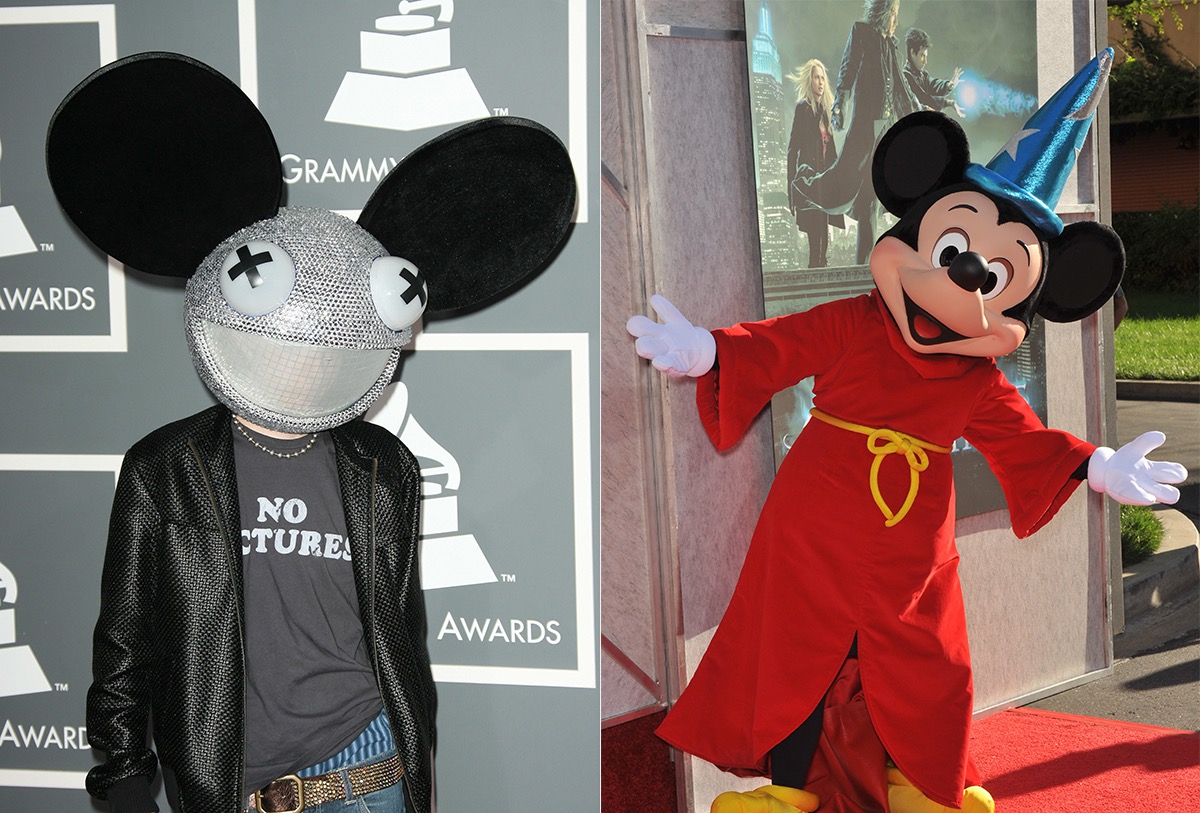
Disney challenged prolific EDM musician Deadmau5 in 2014, filing a claim with the Trademark Trial and Appeal Board that stated the artist's signature mouse head was "nearly identical in appearance, connotation and overall commercial impression to Disney's Mouse Ear Marks." The parties settled the dispute out of court the following year. Terms of the agreement weren't revealed, but considering that Deadmau5 has been seen wearing the mouse head since, we can safely say no trademark was issued to either party.
18
Beyoncé and Jay-Z's daughter, Blue Ivy
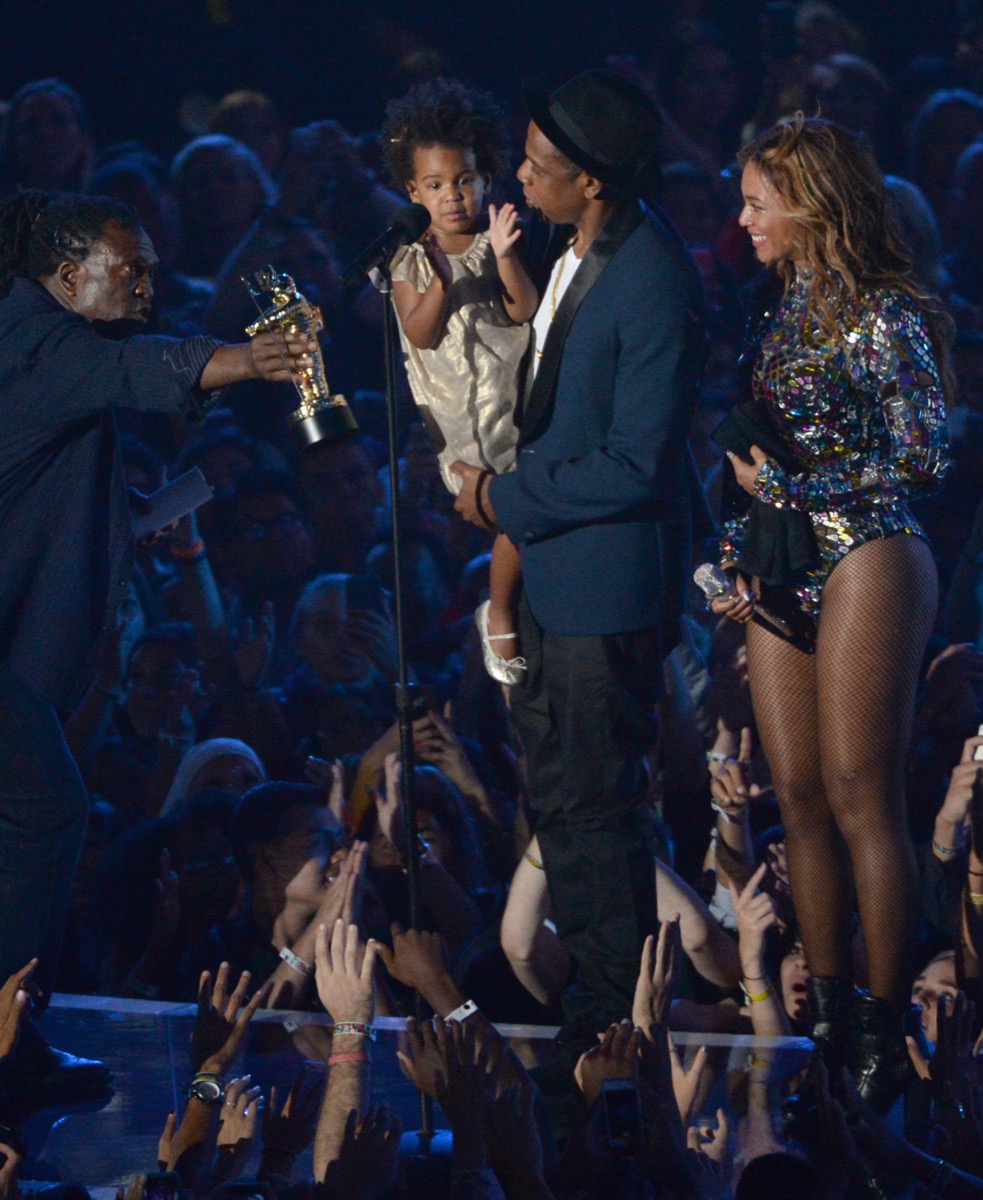
Everything Beyoncé does is planned to perfection, so it's not surprising that she attempted to trademark her own daughter's name: Blue Ivy. Shortly after she was born in in January 2012, CNN reported that Beyoncé and husband Jay-Z filed the trademark to reserve the name as a possible brand name for a line of baby products. The issue? A Boston wedding planner was already using the name Blue Ivy. Ultimately the USPTO ruled that the name couldn't be trademarked—allowing both parties to use it.
19
The name "Kylie"
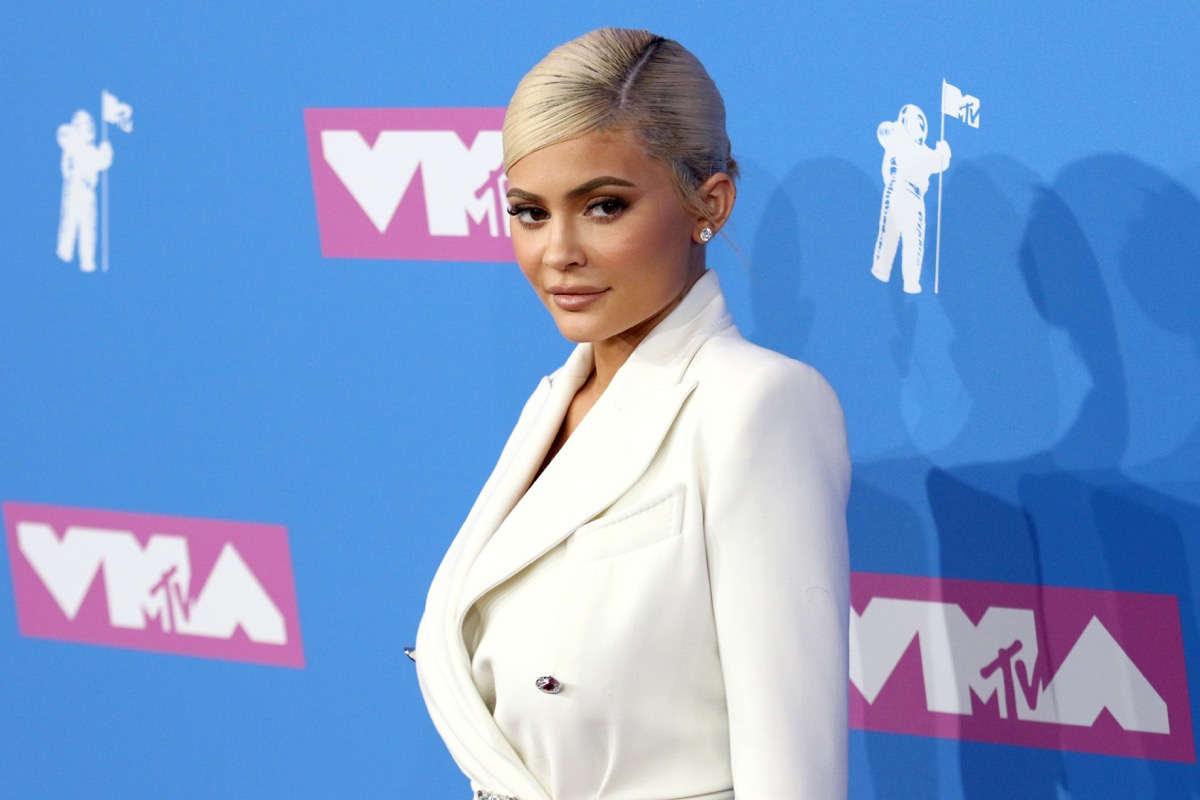
Reality television star and cosmetic queen Kylie Jenner found herself in a battle with Australian pop singer Kylie Minogue when she attempted to trademark the name "Kylie" in 2015. Minogue filed for opposition the following year, and then in 2017, according to Forbes, Jenner's proposal was rejected by the USPTO. As recently as June 2019, the war is still raging on between these two famous Kylies: Minogue released her very own "Kylie Cosmetics." Your move, Jenner.
20
Katy Perry's "Left Shark"
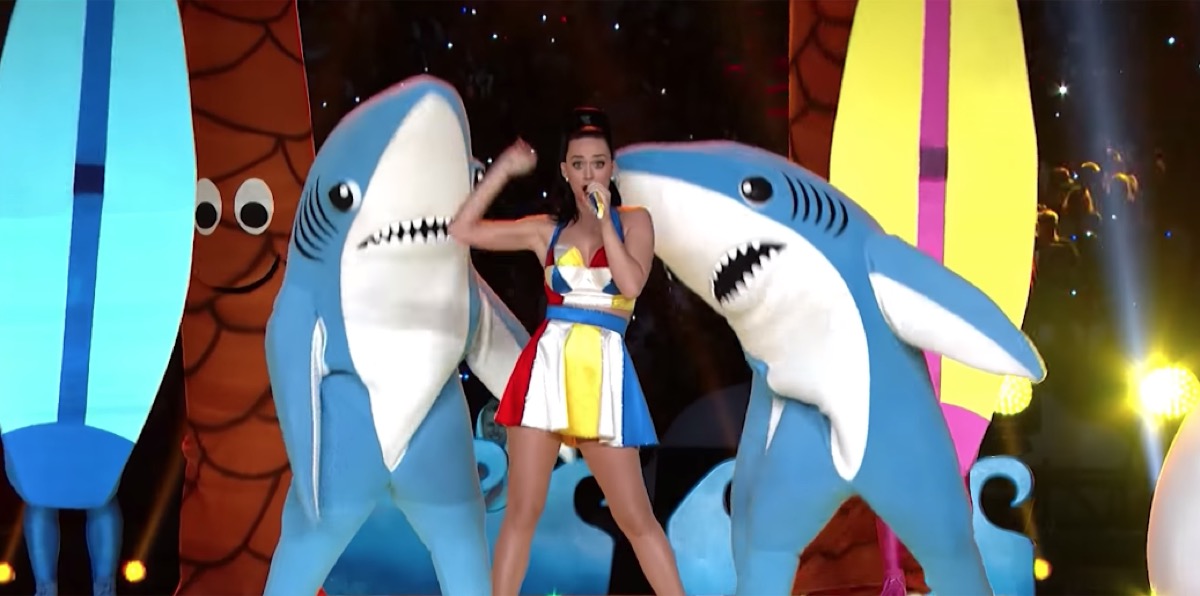
After Katy Perry's half-time performance at the 2015 Super Bowl, all viewers could talk about was one of her dancers: the legendary Left Shark, who didn't quite seem to have his or her moves down. As the plushy's popularity rose, Perry attempted to trademark the shark costume design to stop others from making money off of similar merchandise. The BBC reported that the trademark examiner denied the request, however, stating that there was not enough evidence to claim that the design was ultimately associated with Perry.
21
A fried chicken sandwich
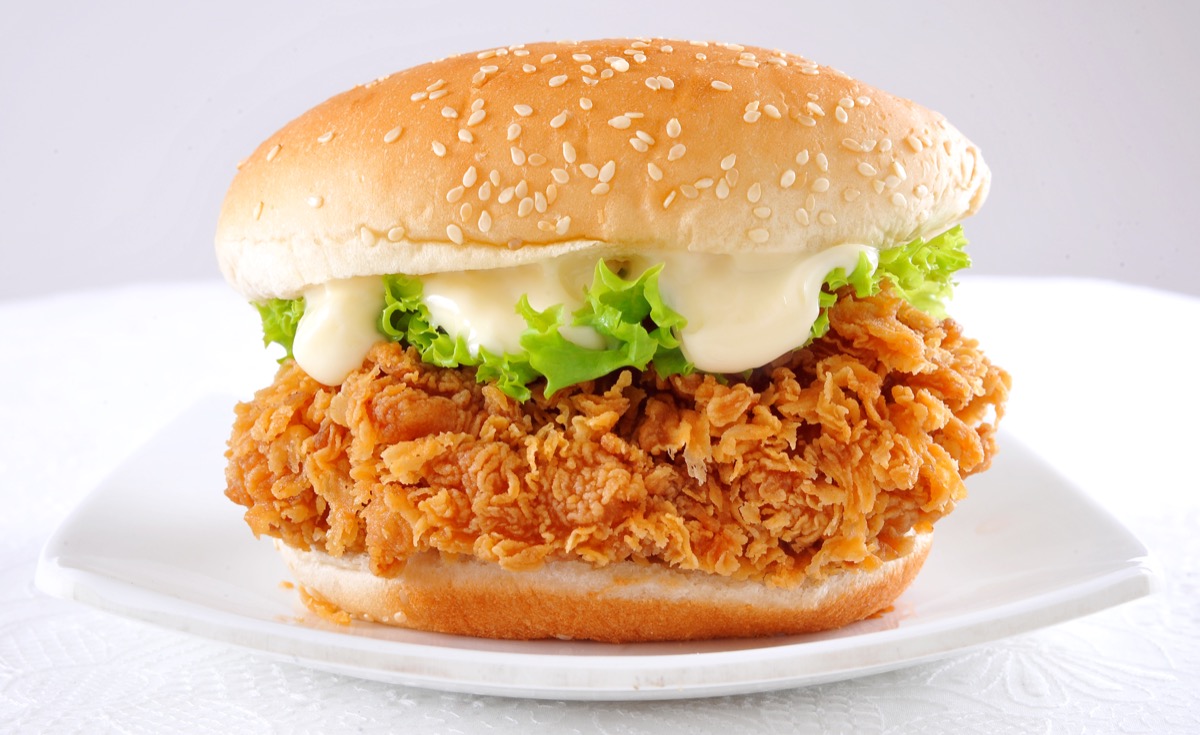
Before Popeyes v. Chick-fil-A fried up the internet, Colón-Lorenzana v. South American Restaurants Corp. burned up the court system. Norberto Colón-Lorenzana attempted to sue Church's Chicken, claiming he created the fried chicken sandwich while working at one of the franchises in Puerto Rico during the 1980s. The First Circuit U.S. Court of Appeals, however, shot it down in 2015. "A recipe—or any instructions—listing the combination of chicken, lettuce, tomato, cheese, and mayonnaise on a bun to create a sandwich is quite plainly not a copyrightable work," chief judge Jeffrey Howard wrote in his ruling. Mic drop.
22
Tom Brady and "Tom Terrific"
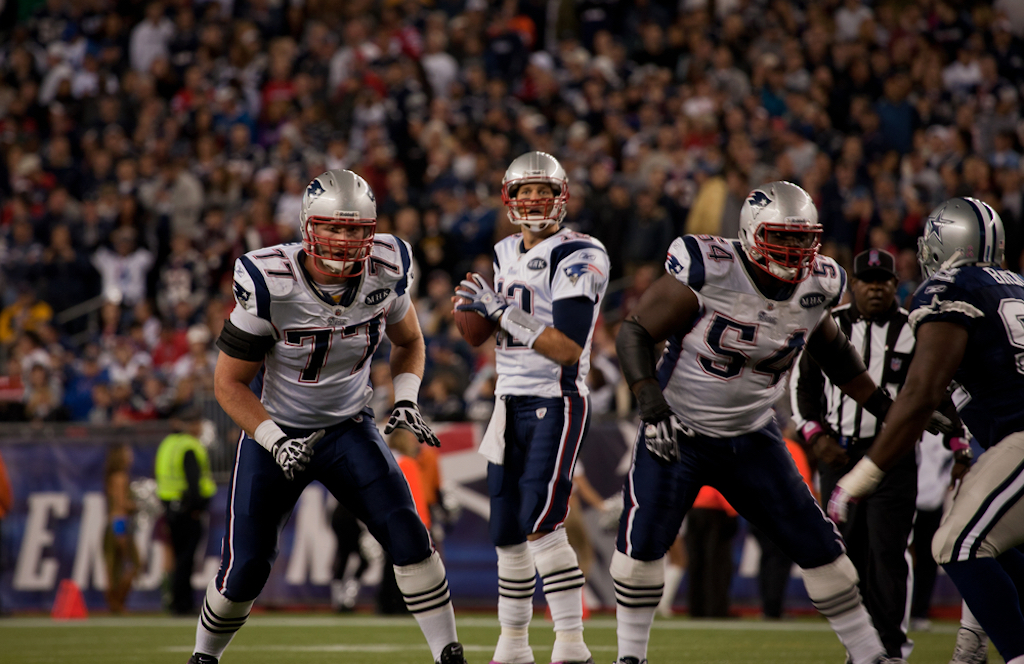
New England Patriots quarterback Tom Brady sure has claim to fame (and peerless skill) when it comes to football, but he'll never be known as "Terrific," at least not officially. In 2019, the Patriots quarterback attempted to trademark the term "Tom Terrific," in reference to himself. However, Mets fans were outraged, seeing as the nickname is most commonly associated with Hall of Fame pitcher, Tom Seaver. Ultimately, trademark officials agreed, rejecting Brady's claim. "There is no intention ever to impact Tom Seaver's legacy," a representative for Brady said in a statement.
23
The saying, "You're fired!"
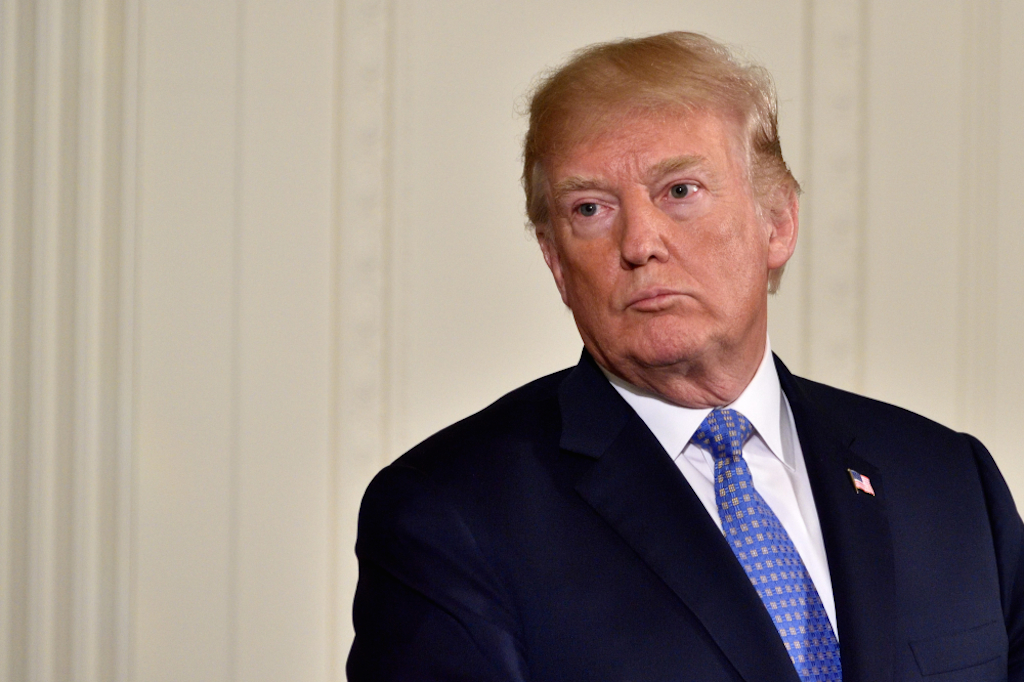
Former Apprentice host and current president Donald Trump tried trademarking his popular catchphrase, "You're fired!," in 2004. Ultimately, the USPTO rejected it on the grounds that is could be mistaken for the already trademarked educational game, Franklin Learning's "You're Hired." And for more presidential facts, check out the 30 Amazing Facts About U.S. Presidents You Never Knew.
To discover more amazing secrets about living your best life, click here to follow us on Instagram!





